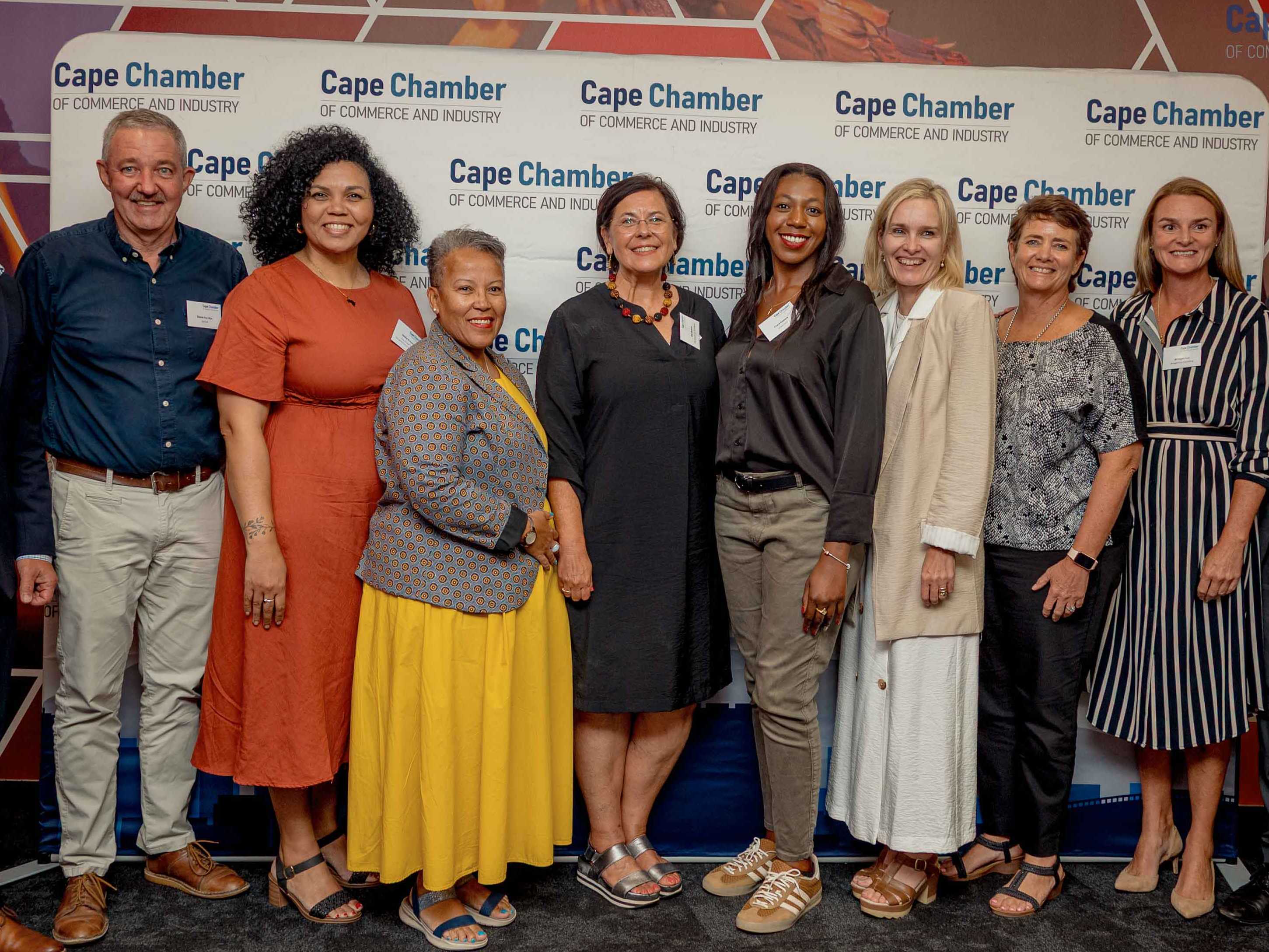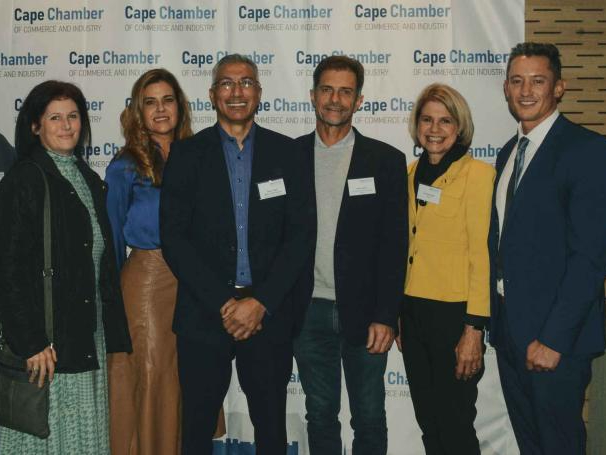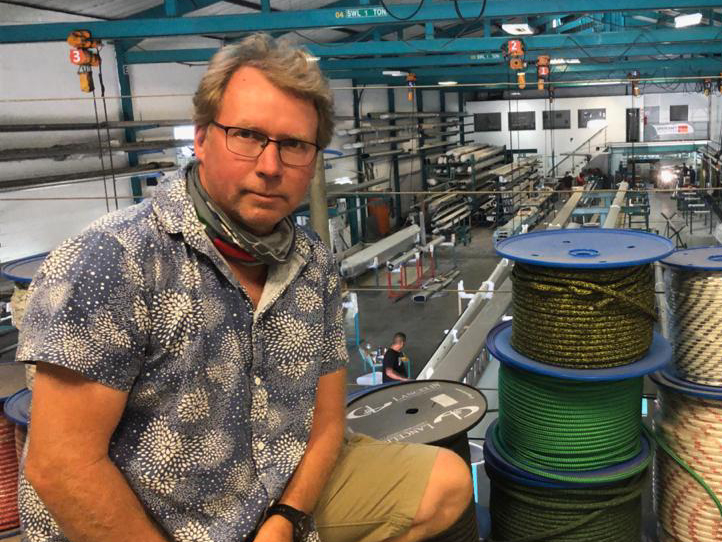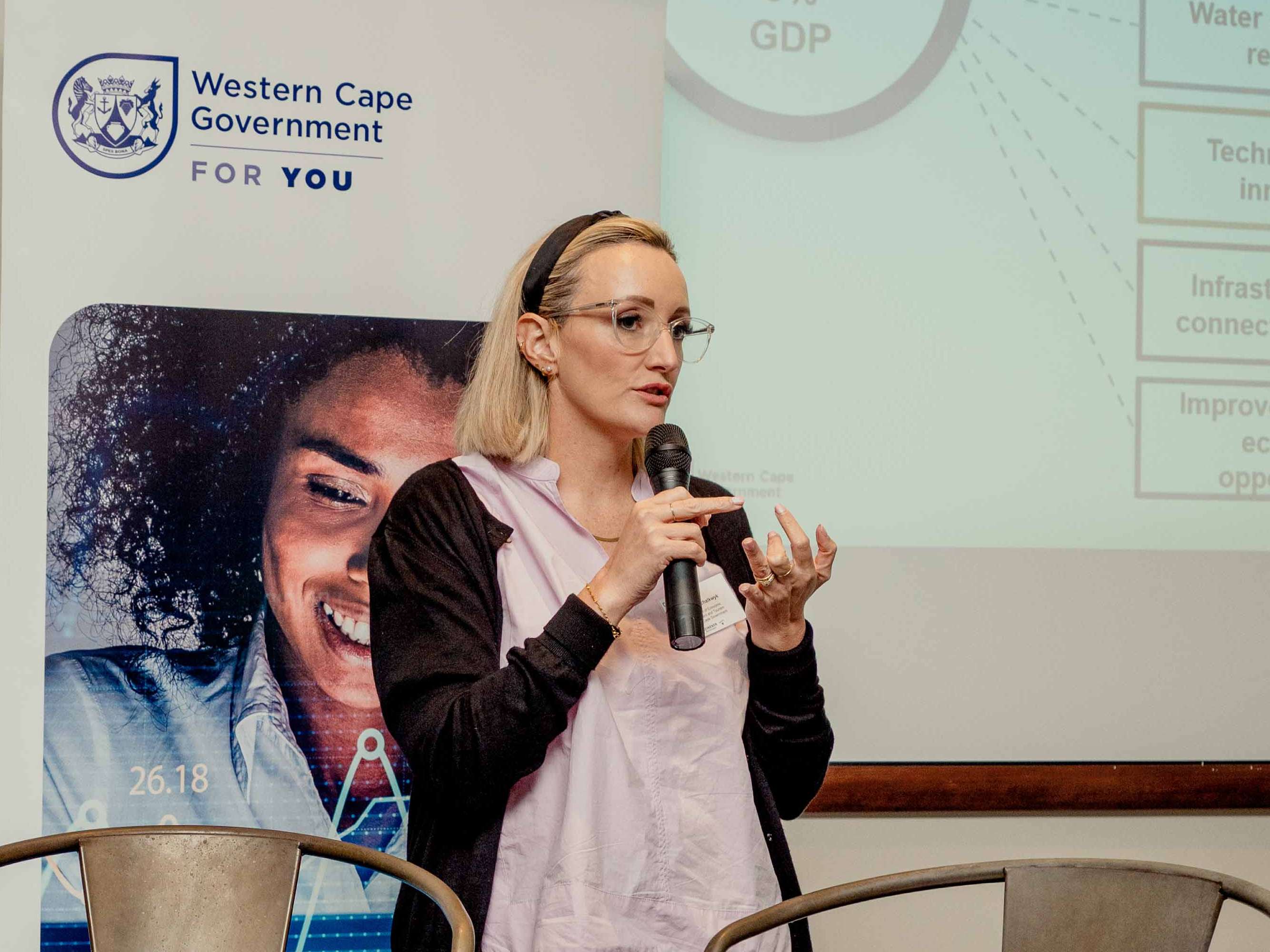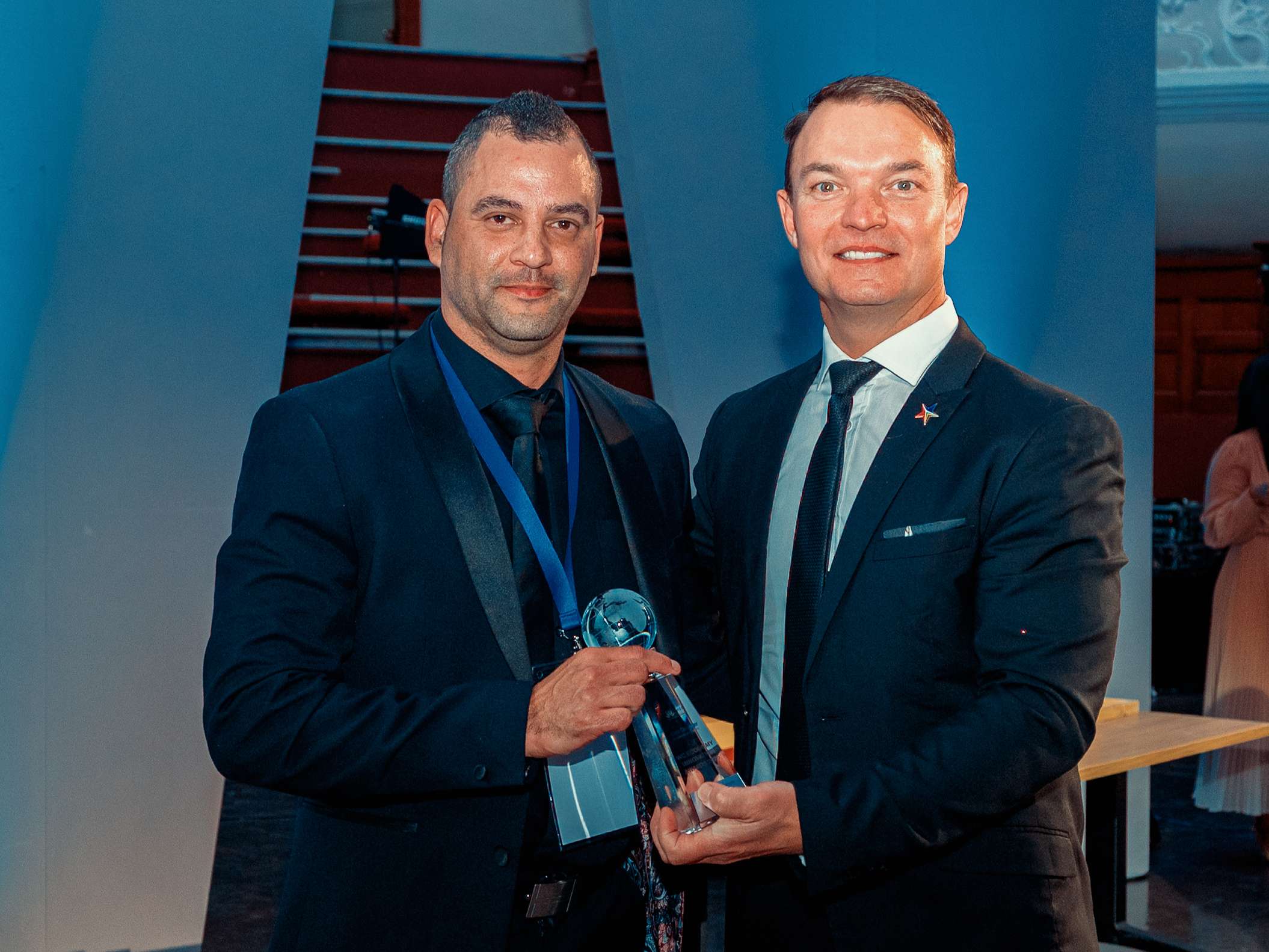Cape Town is one of South Africa’s key epicentres of the South African creative economy. In 2017, it became the first African city to be named a UNESCO City of Design, joining a total of 180 other international cities in UNESCO’s global Creative Cities Network.

The Chamber supports local area and sector development by providing the following:
1. Enterprise development - increasing awareness of opportunities for learning, development and links to expertise.
2. Networking events - enabling members to connect with new customers, suppliers, experts and decision-makers.
3. Support sector associations to strengthen their cluster facilitation capabilities.
4. Strengthening of dialogue with the public sector - towards more effective public investment, smarter service delivery, procurement efficacy and to stop doing what the private sector can do with greater efficacy.
Related Links:
The Craft + Design Institute (CDI) – Craft and Design Sector Development Agency
Cultural and Creative Industries (CCI) Masterplan May 2022
This honour recognises a city’s design status and commitment to promoting and developing the Cultural and Creative Industries (CCIs) and follows Cape Town’s designation as a World Design Capital in 2014.
According to the United Nations Conference on Trade and Development, “The creative economy is recognised as a significant sector and a meaningful contributor to the national gross domestic product. It has spurred innovation and knowledge transfer across all sectors of the economy and is a critical sector to foster inclusive development. The creative economy has both commercial and cultural value.”
In South Africa, the CCI’s collective contribution to GDP illustrates its phenomenal potential for growth and job creation. A prime example of a thriving creative industry in the Western Cape is the film sector, which continues to attract international investment and expertise. Cape Town in particular is a world-renown film shoot location.
Data presented by the South African Cultural Observatory (SACO) in 2022, shows that pre-pandemic the creative economy in 2017 had a peak year-on-year growth rate of 3.4%. CCIs generally grew faster in 2017 than the South African economy overall. The data illustrates the CCI’s potential future contribution to the broader economy, particularly post-Covid.
According to SACO’s 2022 report, the two domains, ‘Design and Creative Services’ and ‘Visual Arts and Craft’ together made up 47% of the CCI’s contribution to GDP. The largest domain, in terms of occupations, continues to be
Visual Arts and Crafts (44.5%). Overall, the creative economy accounted for 6% of all jobs in South Africa, which translates into just under 1 million jobs. Perhaps one of the most important findings of the report is the unexpected size of the CCIs relative to the South African economy. The sector is larger than previously estimated. Given its size, the importance of its inputs to other sectors, and its ability to provide jobs, “the sector needs to be fostered and developed “says the report.
According to the City of Cape Town, “from film and animation to design and architecture, creative industries are booming here, and creative people can find inspiration almost everywhere. Creativity means business.
The SACO study points out that South African CCIs are most likely to cluster in provinces with larger metropolitan areas, with Cape Town one of these key centres. It points out that the Western Cape is clearly the dominant province in terms of exports of CCIs, making up 53 .1% of all CCI goods from South Africa.
SUCCESS STORY
Triggerfish, a Cape Town-based computer animation film studio, has evolved into a world-class creative enterprise with a show-reel boasting several highly successful films. Recent feature films include Seal Team (2021), Khumba (2013) and Zambezia (2012). Upon its release in 2022, Seal Team made the Netflix Top Ten Films Global list.
We welcome you to engage with us to improve the Design & Creative Industries sector.
Sources:
Report: Creative Economy Outlook 2002–2015
Invest in Cape Town & the Western Cape
Invest Cape Town
Report: South African Cultural Observatory



